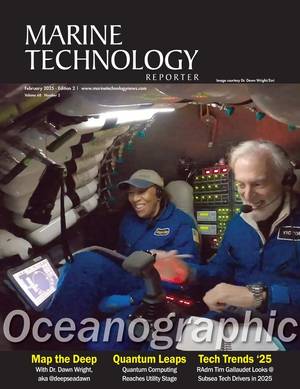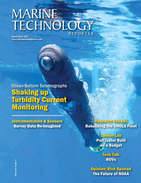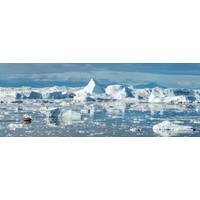
Climate Change is Flooding the Arctic with Light – and New Species
in detecting future change.Some non-native species have already been detected in the Port of Churchill using eDNA surveillance and other sampling methods, including jellyfish, rainbow smelt and an invasive copepod species.Efforts are underway to expand the network across the Arctic as part of the Arctic Council’s Arctic Invasive Alien Species Strategy to reduce the spread of invasive species.The Arctic is often called the frontline of the climate crisis, and because of its rapid rate of warming, the region is beset by invasions of all kinds, from new species to new shipping routes. These forces

Arctic Council Meeting Stirs Hidden Tensions
As foreign ministers from countries with territory in the far North celebrated an agreement on fighting climate change this week, one topic seethed below the surface: growing competition for Arctic resources and sea lanes as the ice melts. Russia, one of eight members of the Arctic Council which includes the United States, Canada and the Nordic countries, has been pouring money and missiles into the Arctic as well as reopening and building bases there. This is bringing its Arctic military presence to the highest level since the 1991 fall of the Soviet Union. Although the Arctic
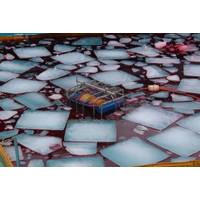
Partners Advance Arctic Oil Spill Response Technology
that may become available in the near future," said David Moore, chief of BSEE’s Oil Spill Preparedness Division. “Developing and refining technologies for oil spill response in the Arctic requires collaboration on a global scale.” The workshop was organized by the Arctic Council’s Working Group on Emergency Prevention, Preparedness, and Response, and attended by subject matter experts from the U.S., Canada, Iceland and Norway. Discussion focused on three separate areas that are key to an efficient oil spill response: traditional mechanical response countermeasures
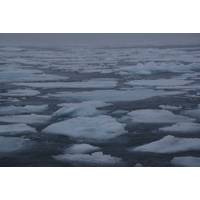
GAO: U.S. Can Do Better on Arctic Policy
prioritize its policies related to the Arctic region, according to a Government Accountability Office (GAO) study out today that was released by Reps. Rick Larsen (WA-02), Tim Bishop (NY-01), John Garamendi (CA-03) and Senator Lisa Murkowski (AK). The GAO study focused on U.S. participation in the Arctic Council, a voluntary body started in 1996 that includes the eight Arctic nations—Canada, Denmark, Finland, Iceland, Norway, Russia, Sweden and the U.S., as well as indigenous groups and other stakeholders. The State Department leads participation for the U.S. The U.S. has not prioritized its

Environmentalists Welcome EU Proposal to Protect Arctic Waters
The European Parliament has passed a resolution calling for a protected area around the North Pole which could ban oil companies and industrial fishing fleets from the region, informs Greenpeace. The move represents a clear break from the current positions of ‘Arctic Council’ members such as Norway, Denmark, Canada and Russia who have resisted calls for permanent protection of the Arctic region. In contrast, Finland, another Arctic state, recently adopted the sanctuary proposal as official policy. Reacting to the news, Greenpeace activist and Arctic 30 member Sini Saarela from Finland

Obama Arctic Plan Misses the Mark, Says Alaska Lt. Governor
and gas producing area. "We have to keep our eye on the prize and work together to solve the problems,” Treadwell said. “This is a huge emerging market. Bring investment, and that means jobs.” Treadwell identified three potential areas of cooperation in the Arctic Council under Canada’s current chairmanship: helping Arctic nations attract investment, providing marine safety to vessels transiting the greater Arctic Ocean, and ensuring access throughout the Arctic for research.
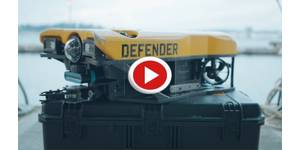

 February 2025
February 2025
